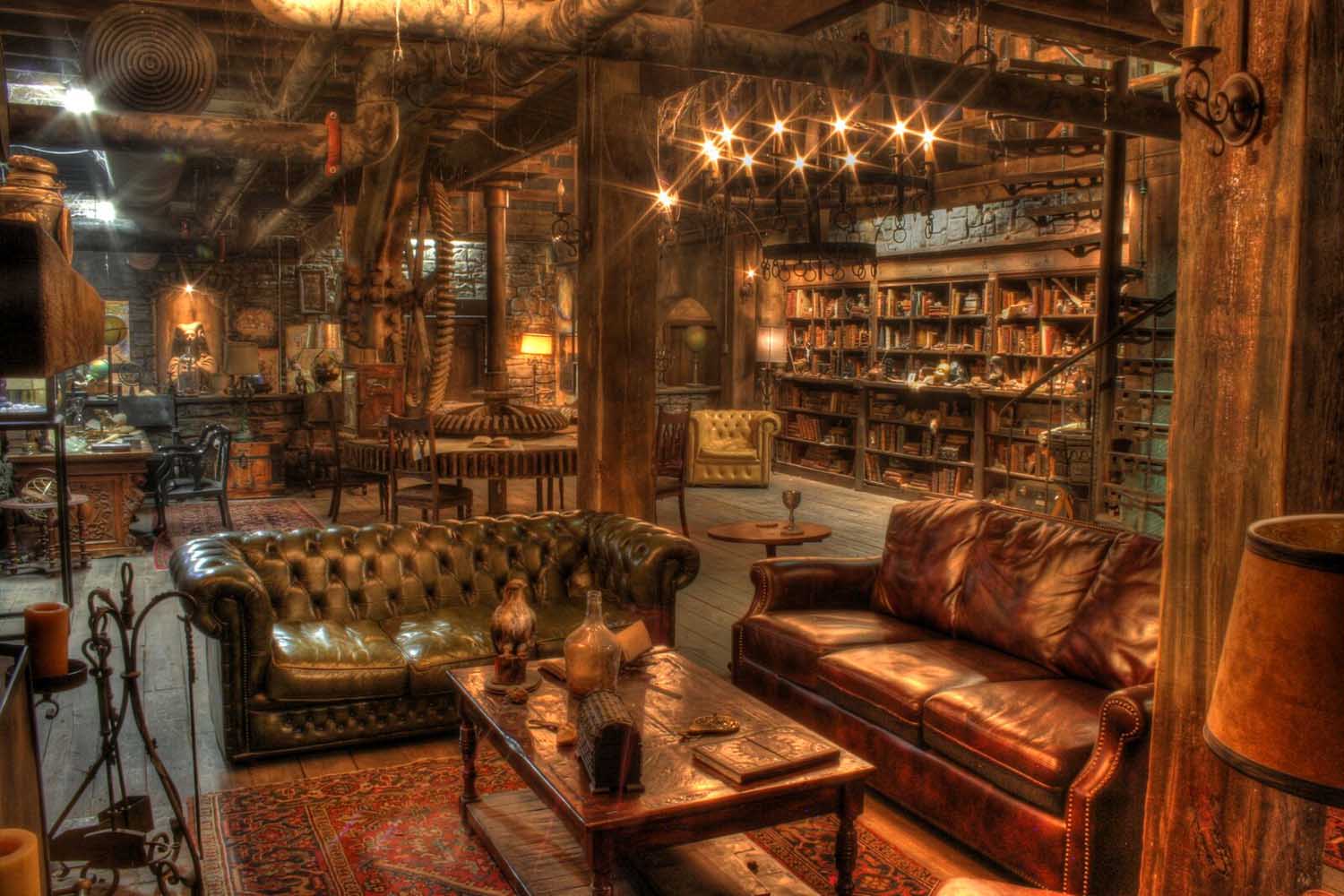

Even impoverished neighbourhoods in Baltimore have a bureaucracy and a code of conduct – they are run like company towns by the industry that dominates the local economy: the drug trade. The Wire revealed that systems operated everywhere. It showed all the different ways experienced Baltimore cops can use the f-word while mulling over evidence in a crime scene. It documented the disappearance of well-paid labour jobs for America's working class. It showed the ingenuity of addicts trying to earn a buck by ripping copper plumbing from houses under construction. It perched in the courtyard of housing projects while the corner boys conducted their drug business. However strange it might have seemed to an audience weaned on Miami Vice and Hill Street Blues, though, it was also a very American operation, reflecting how the country deals with people it would rather not consider.īut this show ensured you did consider them very deeply. Viewers were getting a heads up that they were entering a very specific world with its own rules, patterns of speech, expectations and dangers. Snot Boogie's story could be The Wire's mission statement. But its impact on TV – featuring the kind of antiheroes, explicit action, authentic storylines and complex plotting that would become standard practice in the world of streaming television – has proven immeasurable in the years since it concluded. It was barely recognised by the TV industry's most prestigious ceremony, the Primetime Emmy Awards nominated for writing awards in two different years, winning neither. (Simon says they got killed in viewer numbers for season three, in part, because of the debuts of Sunday Night Football and Desperate Housewives). Though critics loved The Wire, it wasn't the biggest hit with viewers, earning mostly average ratings. The writers had in their heads the idea, 'If a society is going to have a law enforcement arm, what's the job of that institution? What are the police doing?' If you write a show like that, it will have a shelf life for as long as those systems are in play."īack when it first aired, an honour like this didn't seem likely. "We weren't interested in whether characters were good or bad. "I'm glad the show has a shelf life," says creator David Simon, of the win. Where conventional US police dramas focused on courageous individuals fighting a sometimes-dysfunctional system, much of The Wire is about those systems and just how badly their corruption, inertia and injustice are failing the American people.
#Shot of love tv show series#
Why I May Destroy You is the future of TVĪppearing on HBO from 2002 to 2008, The Wire stands out as such an original and outstanding series because it is almost an anti-cop show.

The 100 greatest TV series of the 21st Century Read more about the 100 greatest TV series of the 21st Century: This America, man." He drops the line as if it answers everything. "If Snot Boogie always stole the money, why'd you let him play?" McNulty asks. But somebody – we don't see who – finally had enough this time and shot him. Normally, the young man tells McNulty, other players would just catch him and "beat his ass". He had a history of playing in a neighbourhood dice game until there was lots of money on the ground, grabbing it and trying to run. The pair are looking over at the body of the boy, whose nickname was Snot Boogie.

Detective Jimmy McNulty, played by British actor Dominic West, is sitting on a stoop in a rundown part of Baltimore, quizzing a young black man about a local kid who has been murdered. One of the most significant scenes in The Wire is its first.


 0 kommentar(er)
0 kommentar(er)
